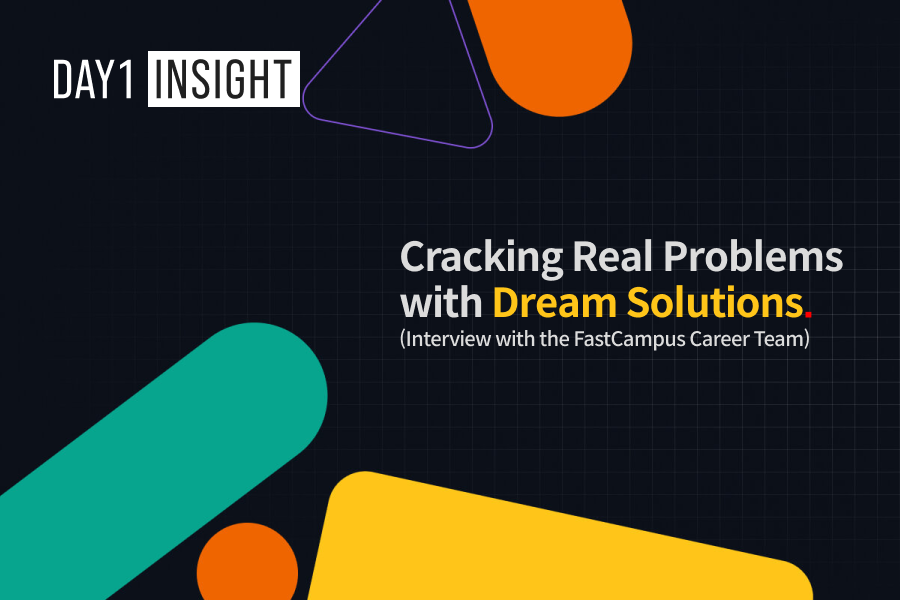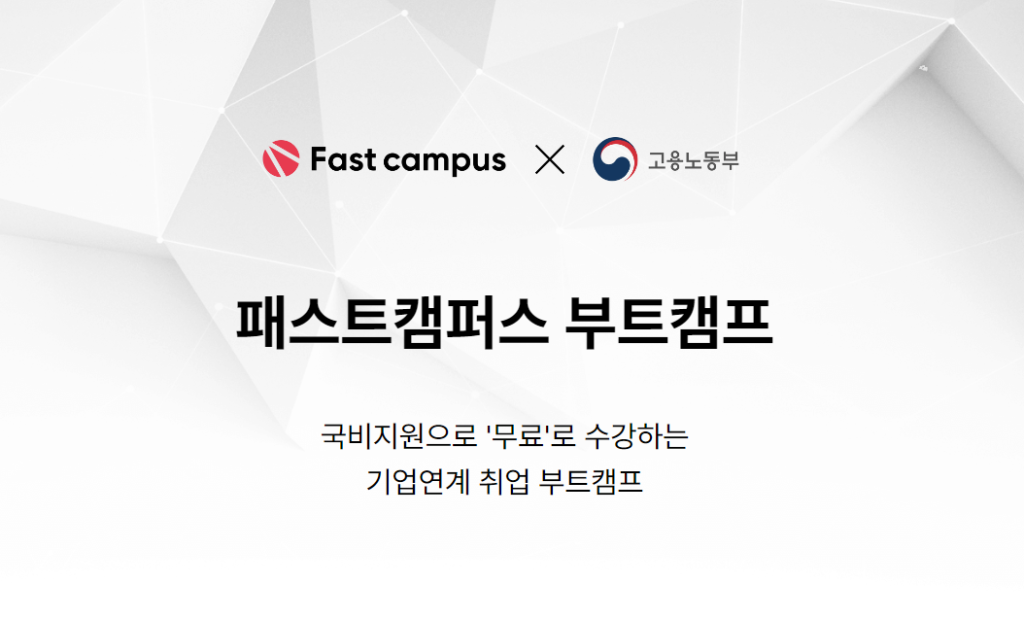Bridging the Gap: How Private Companies Can Keep Public Education Real

“Wait, really? Why there?” Most people who aren’t familiar with the media industry might be puzzled, but for aspiring TV producers, EBS, the Educational Broadcasting System, is often considered a dream employer. The reason? Many TV producers face the dilemma of balancing public value with sensational content designed to boost ratings. At EBS, however, they can focus on their ideals as content creators without having to worry about this constant tension.
This same dilemma often arises for planners working in private education services. To unlock the true educational value of a course they design, they first need to attract customers. This sometimes means resorting to flashy marketing or compromising on curriculum quality to keep people engaged. Learning, after all, isn’t usually seen as fun—especially for adults, who don’t have anyone forcing them to study. This makes adult education even more challenging. However, there’s a corner of the private education industry where the genuine spirit of education still thrives, much like EBS in the broadcasting world: the employment boot camp. But how is this possible, and how is it being realized? We spoke with the Career Education Team at Fast Campus to find out.
Substance Over Flashy Gimmicks
Most businesses measure success by sales numbers and revenue. The results are often immediate. But employment boot camps are different. Especially in Fast Campus’ boot camps, where students invest months—sometimes up to 10 months—of their lives, the stakes are higher. Even if aggressive marketing temporarily boosts sales, if the education quality doesn’t hold up, refund requests will follow. And even if a boot camp attracts many students in its first run, if it can’t prove its effectiveness through successful employment rates, it won’t survive long-term.
Fast Campus decided to take a different approach: substance over style.
“Our team makes a conscious effort to avoid using overly sales-driven language on our product pages. Some have said that our course descriptions seem too mild, but we’ve stuck to presenting an honest portrayal of what the course offers because it reflects our educational philosophy.”
Kang Ji-eun, Head of Bootcamp Business, Career Education Team
As a result, you won’t see any over-the-top claims like “Guaranteed Job After This Course!” or “Take This Class and Become an Expert Overnight!” on Fast Campus’ boot camp pages. Educational success doesn’t happen through the passion of the instructors or the content alone—it requires hard work from the learners too. Instead of relying on exaggerated claims, these pages are filled with testimonials from past students who have achieved their goals.
Why Private Companies Can Deliver Authentic Public Education

The Career Education Team at Fast Campus is arguably the best embodiment of the company’s mission: “Life-changing Education.” And this has been made possible largely thanks to the environment in which they operate.
The Career Education Team handles all of Fast Campus’ government-funded programs. In particular, for their boot camp division to secure government support, they need to meet stringent requirements, such as high student satisfaction, course completion rates, and employment success rates—things that can only be achieved with a strong foundation in educational quality.
Fast Campus’ organizational structure has also helped preserve the team’s educational integrity over business-driven priorities. If the company relied solely on government funding for survival, it might be tempted to focus exclusively on securing grants and contracts, potentially compromising the educational mission. But the Career Education Team doesn’t face this pressure. Fast Campus originally started as a B2C business, and the Career Education Team began as a small initiative within the B2B division, gradually growing over time. Thanks to this structure, they’ve been able to prioritize the “purity” of education as their core value.
And then, there’s the team itself—the final piece of the puzzle for making educational ideals a reality. Everyone from the team leader and department head to the PMs (Program Managers) who oversee planning and operations is here because they love education and want to become better educators.
We asked a few team members why they chose this path.
Kim Soo-hyun (PM): In high school, my friends often asked me for help with math problems. I loved explaining things to them and felt really proud when they understood. In college, I tutored and even worked as a math instructor, which was fun. But I realized I wanted more—I wanted to create educational programs, not just teach. Plus, no matter how good a teacher is, if the student isn’t motivated, it’s a tough job. What I do now is provide genuinely passionate learners with content worth studying, which makes my work fulfilling.
Kim Myung-ji (PM): I worked in the airline industry for four years. While I handled customer service, I also helped create processes to support the growth of new employees. I loved it, which is why I switched to the education field. Watching people grow because of my work is what drives me. When I get feedback that the courses I planned were helpful, I’m reminded why I love this job.
Ko Eun-byul (Intern): I originally majored in history and wanted to become a teacher, but I couldn’t get a teaching credential. Even though I couldn’t become a teacher, I still wanted to work in education. I received a full-time offer from another education company but turned it down for an internship at Fast Campus. Why? Because my educational philosophy aligns with Fast Campus’. The other offer was from a company that focused on exam prep, but I loved Fast Campus’ value of helping people create the life they want through self-directed learning, even without a college degree.
This team is made up of people who love sharing knowledge and helping others grow. No one here is just working for the sake of a paycheck. And that’s why genuine public education can thrive in a private company. (It’s also why, despite not prioritizing sales growth, the Career Education Team has seen one of the fastest growth rates at Fast Campus.)
Changing More Lives Than Expected
A 39-year-old father of twins completed an AI course and started his own related business. A former service industry worker became a data analyst. A student without a college degree completed the boot camp, joined a company project, and eventually got hired by that company. These are just a few of the many life-changing success stories from Fast Campus’ boot camps.
However, the boot camp team says they encounter far more growth and transformation in the field than these examples can capture. A single boot camp project involves not only students and instructors but also working professionals who serve as mentors and startups looking to hire new talent. Everyone grows.
“Startup CEOs partner with us to solve hiring challenges, and through our boot camps, they find great talent and see their businesses grow. Some instructors, who were initially shy, have become star teachers as more cohorts pass. Mentors, too, grow as they research ways to better help students. And seeing students who started with almost no foundational skills secure jobs? It’s a feeling you can’t put into words.”
Kang Ji-eun, Head of Bootcamp Business, Career Education Team
Finally, we asked them about their bigger dreams for the future. Kim Myung-ji wants to deepen her expertise in the development field, the domain she oversees, and enhance the curriculum to make it even more effective. Kim Soo-hyun hopes to turn Fast Campus’ AI boot camp into the top program in the field and create a positive cycle where more and more students land jobs. Ko Eun-byul wants to design courses not just for job seekers but also for people in their 40s and 50s who are seeking re-education or a new career path, helping them turn their lives around.